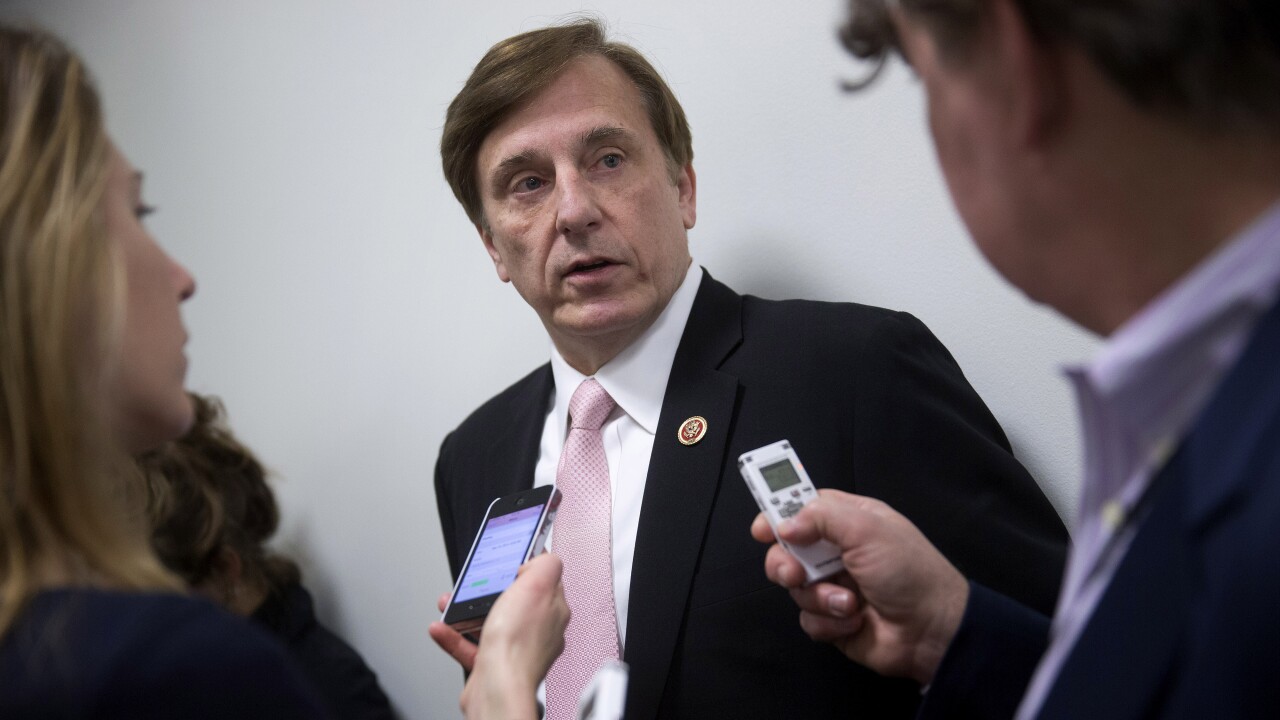WASHINGTON — The transportation infrastructure funding crisis facing all governments is providing a “silver lining” as states are turning increasingly to innovative financing such as variable-rate fuel taxes and mileage-based user fees, according to a report released this week by the National Conference of State Legislatures.
The report provides an overview of strategies states are using to blunt the impact of declining federal funding, highlighting legislative approaches that it claims take a “forward-thinking, sustainable approach to providing transportation infrastructure and services over time.
These strategies, particularly the ones that would increase tax revenue streams, are aimed at helping states further leverage dollars, frequently to back bonds. States often rely heavily on fuel taxes to secure debt, such as the more than $300 million gas tax-backed general obligation issue sold by Washington state earlier this week.
Variable-rate fuel taxes are now in use in some form across 12 states, according to the report. These taxes, usually in addition to a flat fuel tax, take different forms. In Florida, the state fuel tax is tied to the consumer price index, while Kentucky and North Carolina index their fuel taxes to the average wholesale price of gasoline.
The report notes that the variable-rate tax approach addresses concerns about the depreciation of gas taxes due to inflation, and is already widely accepted by the public. This strategy does not, however, mitigate the problems posed by increasingly fuel-efficient vehicles and the growing popularity of alternative fuels.
At least 27 states are addressing that concern by levying taxes on alternative fuels like ethanol, biodiesel, natural gas, and propane, the report states. Of those, 23 dedicate some or all of the revenue to transportation purposes. Additionally, at least nine states require drivers of alternative-fuel vehicles to purchase an annual decal or permit. Some states are beginning to require this of electric vehicles as well. Nebraska, Virginia, and Washington have passed legislation in the last two years requiring drivers of electric vehicles to pay an annual fee.
States also are actively pursuing policies geared towards reducing reliance on, or even completely replacing, gas taxes altogether, the report states. Vehicle miles traveled fees, also known as mileage-based fees, have “the potential to replace motor fuel taxes for all vehicles,” according to the report.
“By charging users per mile rather than per gallon,” the report states, “VMT fees unlink transportation revenues from motor fuel consumption, sidestepping the challenges to funding sustainability now posed by the growing use of alternative fuels and vehicle fuel-efficiency improvements.”
Although the report found no government worldwide is currently using this approach on all vehicles, at least 18 U.S. states have either completed or begun pilot projects to explore the possibility of instituting VMT fees. The most high-profile is Oregon’s program, which uses global positioning systems in vehicles to assess fees at the pump. That approach, however, has attracted some criticism from citizens concerned about privacy.
Regardless of the financing technique, policy makers are looking for a solution that lasts, the report concludes.
“Given the nationwide funding shortfalls, policy makers at all levels of government are concerned about how to generate sufficient funds for transportation investment,” the report concludes. Equally important, however, is the sustainability of those revenues — that is, not just how much revenue comes in, but whether funding mechanisms will be stable and predictable enough to meet ongoing transportation needs.”





